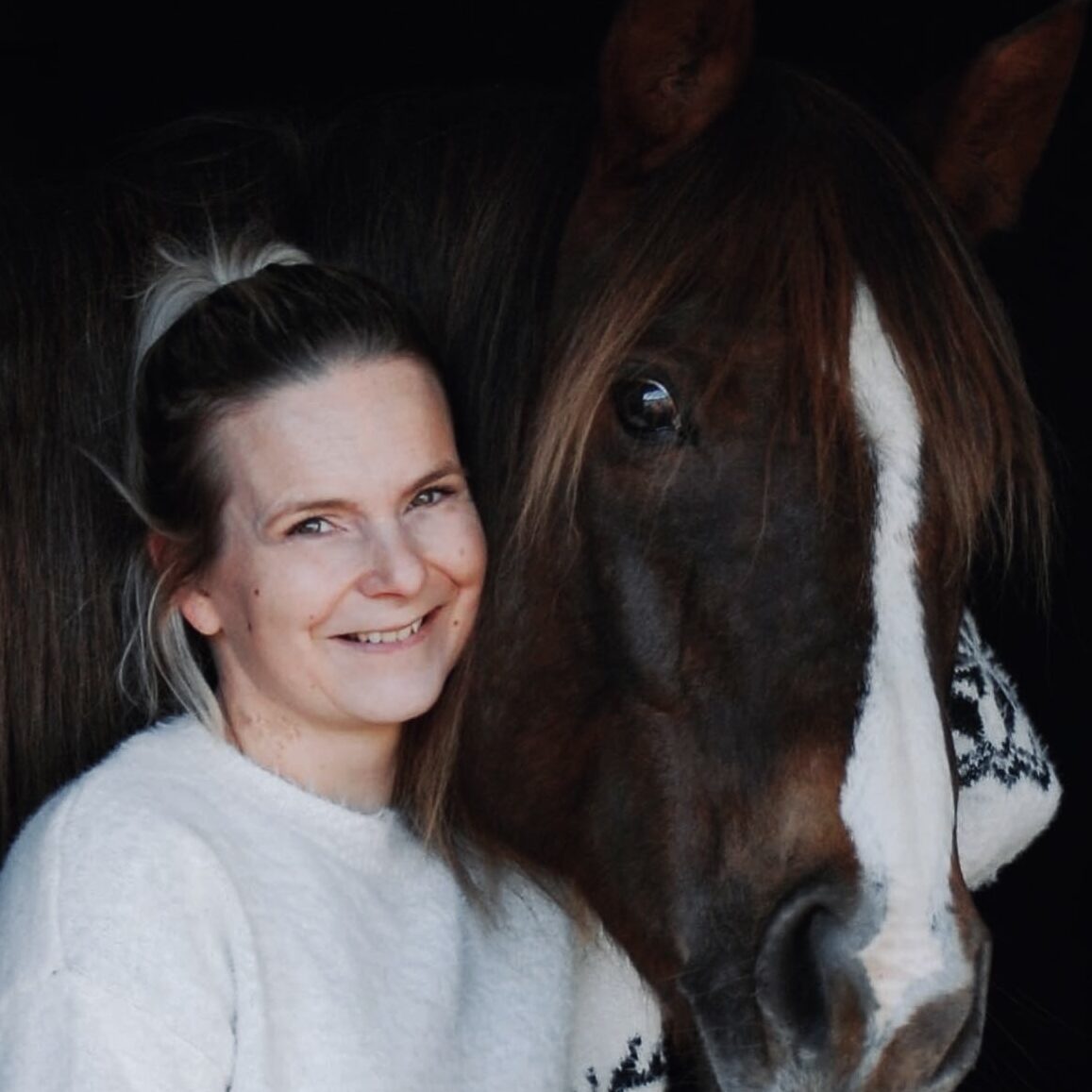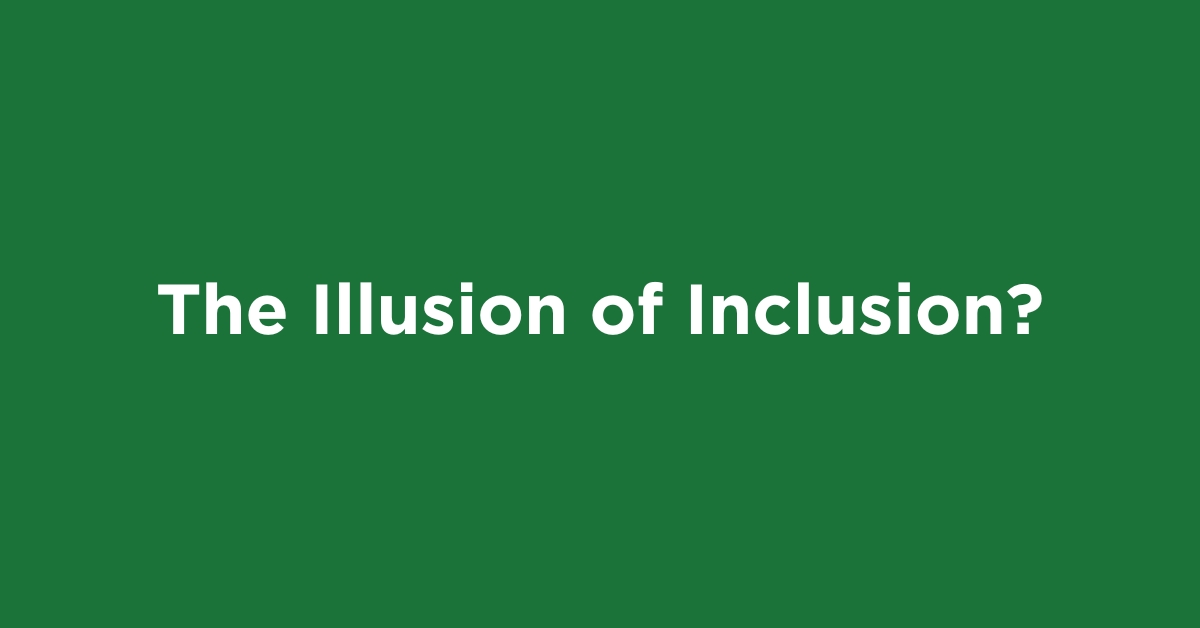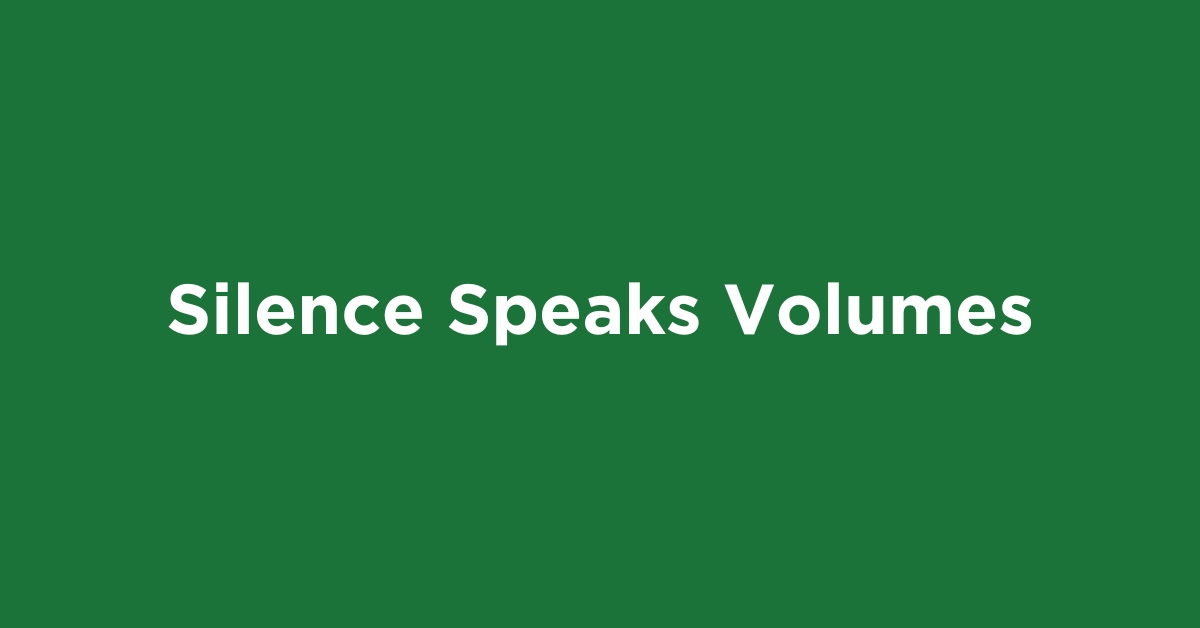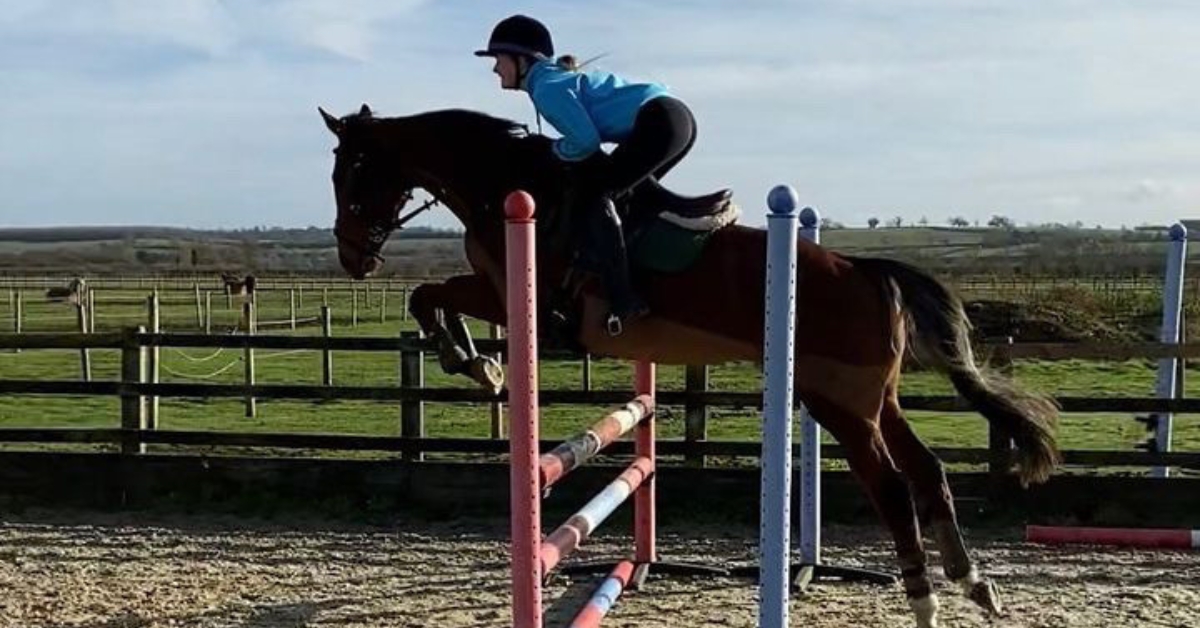Marguerite Kavanagh was elected Chairperson of DI in 2020 but has been involved in dressage in Ireland for almost 20 years. She was so kind to agree to an interview in relation to her path to being Chair of Dressage Ireland and discuss future goals of the organisation.
Who are you and how did you get involved with horses?
My interest in horses came from my father, he used to show jump and hunt in his earlier life. Myself and my brother got our first pony at the age of eight. I did a lot of pony club stuff, show jumping, a little bit of hunting, a bit of cross country etc.
In my mid-20s, I took up eventing and went on to complete a couple of three-star events. Professionally I trained as a nurse. I had a brief couple of years where I was without horses due to the demands of my career and taking a BSc degree in UCC. I started back riding in the mid ’90s.
I became a member of Dressage Ireland in the early noughties, at that time I had an Irish Sport horse and went on to train him up to Prix St George and Inter I level. My next horse Salancio I trained to Grand Prix and competed at that level for several years, nationally and internationally. After stepping him down from GP my son Rory competed him in “children on horses” internationally and qualified and competed as the first Irish rider to compete in Children on Horses at the Dressage European Championships in 2018. Subsequently, they both moved on to junior international level.
I currently have three horses at Prix St George level and am working two towards Grand Prix.
How did you get actively involved in Dressage Ireland outside of being a rider/athlete?
I became a member of the Leinster Dressage region committee in 2013.
During that time, I was appointed Leinster region representative on the Board of Dressage Ireland and as such have been on and off the board of Dressage Ireland since 2014.
In 2016, I was elected Chair of the Leinster Region. Leinster is a busy region, and as a committee, we worked on building up a strong membership base and created a pathway for riders from grassroots up to advanced level. As a committee we were always busy but it was also enjoyable.
In February of 2020, I was elected chairperson of Dressage Ireland.
Why did you want to become the chairperson of DI?
I guess I felt it was a role that I could master, I knew that it would be challenging, but felt I had a good knowledge of the sport and of the structure and working of Dressage Ireland at the Board level. As chairperson, I wanted to further promote dressage nationally and internationally. I also wanted to make dressage, more accessible and welcoming for new members and dispel the misconception that dressage is somewhat elitist.
I am also very passionate about providing more training opportunities for members and developing pathways for both Junior and Senior riders to enable them to compete at the international level. As Chair, I also wanted to continue to improve the organisation. As more sporting organisations come under the spotlight, the more I am aware of the need for our organisation to be operated on more of a professional footing, keeping correct governance, transparency, accountability and fairness central to our operations. Not alone organising the sport on a daily basis but looking to the future, planning, budgeting and developing strategies to continue the growth and development of the sport. To achieve this we need varied skillsets within the board, not just people embedded in the equine industry, but people to cover technical roles also for example Health & Safety, legal and financial positions.
As Chair and active rider, what would your advice be for someone interested in taking up dressage?
I think it’s imperative that riders who want to start dressage seek out a good dressage coach in their area so that they get an understanding of the scales of training and that through regular lessons riders start building up their skills and knowledge in relation to the importance of structured dressage training. They need to understand that if they have the basics correct at the start, the advanced work (lateral, changes etc.) will fall into place later.
What does DI offer for their grassroots members?
All of the seven regions run regular subsidised training clinics which cater for all levels. Training is also available at the national level with national and international dressage coaches. Test riding clinics are also a regular regional feature and provide the opportunity for direct feedback from a judge. At shows we offer trailblazers tests which are for kids that are just starting in Dressage, tests can vary and children can continue in trailblazers up to teenage years. Some regional shows also offer introduction tests. These only walk and trot and are a great way for inexperienced riders or horses to experience competition initially without the demands of a test with lots of movements or changes of pace.
Are there opportunities for existing members to develop?
Yes, members who are competing at advanced medium level or above can apply to become part of the Dressage Ireland Development Pathway. In order to qualify 2 scores of a minimum of 64% are required at that level. DI organises regular clinics with International coach Richard White. He is a world-renowned coach who takes great interest in riders and their horses.
Riders competing at Prix St George or above can apply to become part of the Horse Sport Ireland High-Performance squads which exist for Junior and senior level.
What are the goals of DI over the next 12-24 months?
One of the future goals for DI is to continue to develop and improve the development pathways for our members, DI is hoping to start up a joint venture with the Irish Pony Society, to offer regular clinics and tutorials to build young riders up to a point where they could compete at home internationals in the UK.
We want to continue to promote the sport of dressage in Ireland and abroad. Because correct flatwork is essentially the gold standard, it should be seen as the base of all other disciplines. Everyone in Dressage is friendly and approachable, and we will do everything to assist people that are new to the sport.
From a promotional aspect, Dressage Ireland would like to explore opportunities to partner with another Gold standard well known trusted brands and organisations in a mutually beneficial way.
We aim to qualify and compete teams at the World Equestrian Games, National Cups and Paris 2024.
Did you find, when Ireland had a dressage team qualified for the 2020 Olympics that it gave the organisation a lift through more exposure in the media?
Yes, it definitely did give the organisation a great boost. It provided inspiration to children and motivation to adults “to up their game”. It significantly increased the profile of dressage among the general public. Suddenly people were talking about dressage. But most importantly it was a dream come true for those who started up the organisation 32 years previously. However, on the other hand, it came as a crushing blow when Horse Sport Ireland decided not to send the team to Tokyo in 2021 after all.
What changes would you as the Chair like to see in the equine industry?
I would like to see more of an emphasis on the scales of training from the very get-go, and that all children would learn this system in their riding school or Pony clubs.
In general, I would like to see a bit of a slower approach in relation to how we produce our young horses, so we allow our horses the time to cope with the demands of the sport mentally and physically. Always keeping horse welfare in focus.
I also would like advanced riders to be seen more as athlete’s, keeping in mind general fitness, nutritional requirements and mental well-being and financial support as central to their participation in the sport
What is your message to the equine community?
Support each other! I would like to see riders supporting each other more, sometimes competitiveness or time constraints get in the way. I think it is important that we celebrate other people’s achievements and support each other through the bad days. The longer you are in the sport, the more you begin to realise how hard it is to get horses up through the levels so it’s important to recognise and enjoy each small step forward on the journey. It’s better to take small steps in the right direction than a big one and go off course.
Where can people contact Dressage Ireland or get in touch
https://www.instagram.com/dressage_ireland/
Image courtesy of Equestrian Antics: https://equestrianantics.weebly.com/


Share
Your subscription is 100% Free for our first year, No credit card details required.

In the wake of recent restructuring within Horse Sport Ireland (HSI), a multitude of concerns have arisen surrounding the new

In the wake of Horse Sport Ireland’s (HSI) recent governance changes, questions and concerns have bubbled up from the grassroots

Molly Perkins: Triumph Over Adversity and Inspiring a New Generation At just 21 years old, Molly Perkins is not just